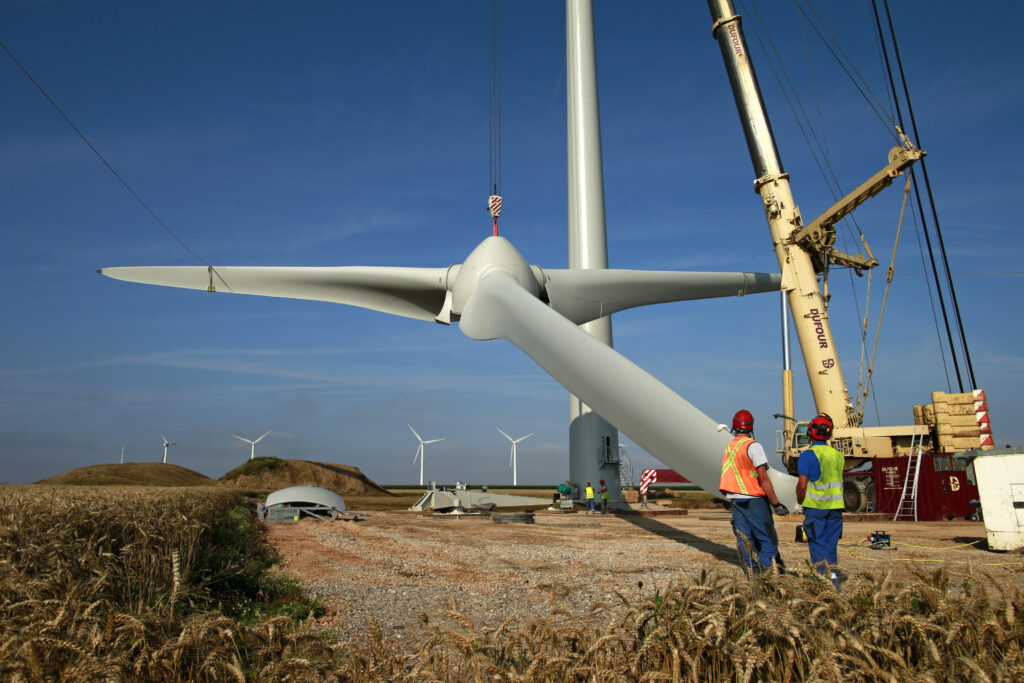S&P Global Market Intelligence Warns of Economic Headwinds for Energy Transition in 2024

|
Listen to this story:
|
Near term headwinds will hinder the energy and metals sectors’ Energy Transition efforts in 2024, according to a new S&P Global Market Intelligence report released. The newly published 2024 Commodities outlook: Near-term risks abound for energy transition, critical minerals is part of S&P Global Market Intelligence’s Big Picture 2024 Outlook Report series.
The new report, published in partnership with S&P Global Commodity Insights’ research team, highlighted key trends facing the energy, utility, and metals sectors in 2024. According to the report, persistent high interest rates and macroeconomic uncertainty will negatively impact project decisions over the coming year, which dovetailed against complex regulatory pathways, will slow the effort to shift away from fossil fuels.
“2023 has been a year of challenging conditions for companies in the energy and metals sectors, marked by macroeconomic and geopolitical uncertainty. Amid continued high interest rates, near-term demand weakness and persistent regulatory challenges, 2024 will see continued cause for concern among many participants, even though ongoing efforts geared towards the global energy transition should yield benefits in the medium term,” said Mark Ferguson, Director of Metals & Mining Research at S&P Global Commodity Insights.
Key highlights from the report include:
- High interest rates, persistently elevated inflation and slowing economic growth are key headwinds to energy transition projects heading into 2024, with these factors also suppressing demand for critical minerals and contributing to tempered metals prices into 2025.
- Shifting government policies and complex regulatory systems foreshadow changes to the business strategies of mining, utility, and energy companies. In the US, a multi-tiered and often conflicting regulatory environment could slow the momentum behind the domestic energy transition.
- Geopolitical tensions are also hindering progress as increasingly protectionist attitudes delay new developments and add costs to electric vehicles, among other key efforts in the transition.
Related Article: Latin America to Lead the Global Energy Transition Revolution, IEA says










